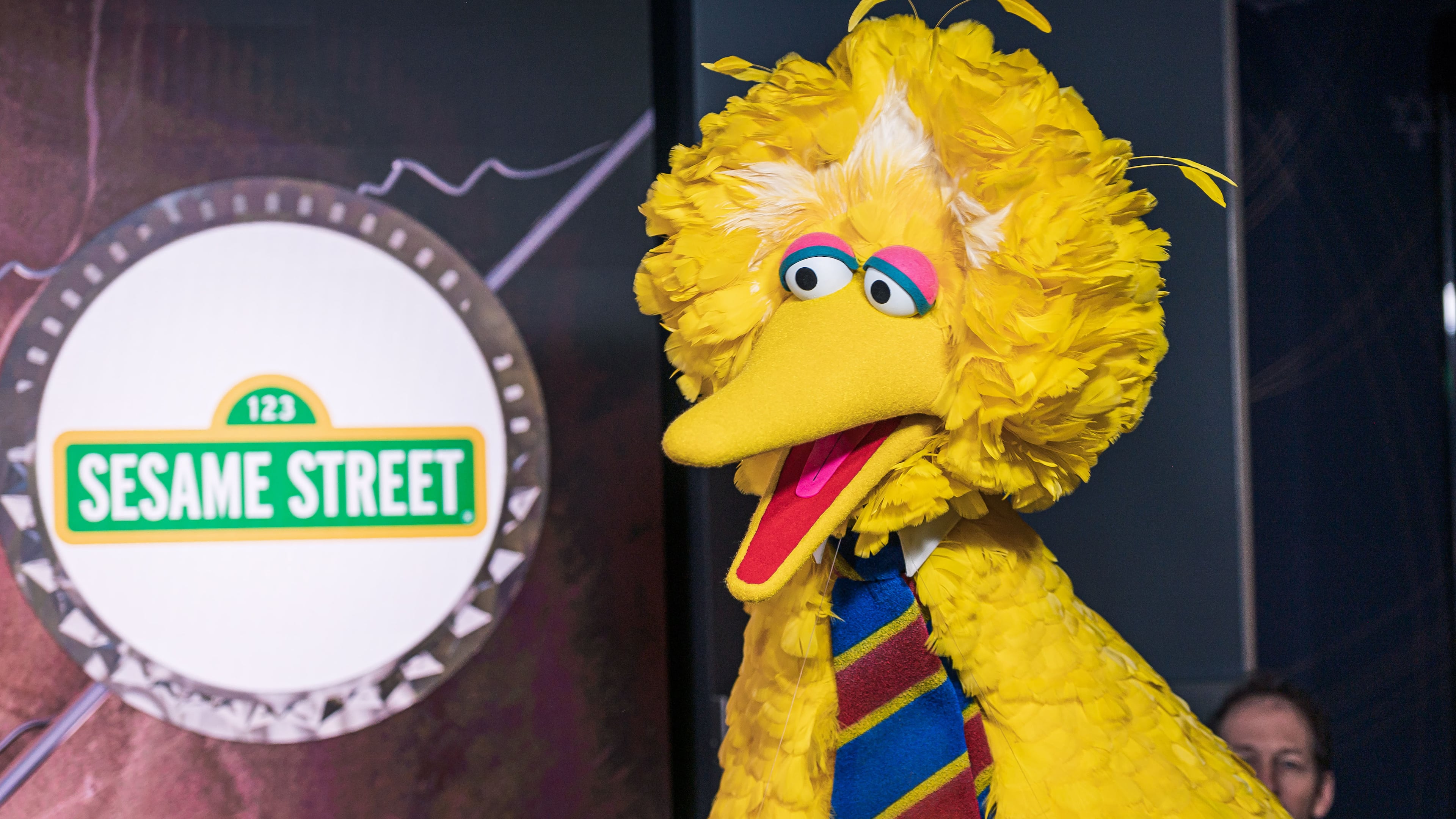Big Bird meets his match in MTG

Boys and girls, do you know what it means to lose federal funding? You’re about to find out because this week, the U.S. House and Senate voted to cut $1.1 billion of federal funding from the Corporation for Public Broadcasting, completely defunding the organization that is the scaffolding for the entire PBS and NPR system.
The cuts came after U.S. Rep. Marjorie Taylor Greene, R-Rome, made defunding NPR and PBS the topic of her very first Elon Musk-inspired Delivering on Government Efficiency subcommittee hearing. With the heads of PBS and NPR testifying, Greene accused the networks of being Communist “radical, left-wing echo chambers.” She also accused the head of PBS of “grooming” children and making the network “a founder of the child trans industry.”
Greene isn’t the first Republican to want to do away with funding for public media, but she has been the most effective. NPR and PBS have been under threat by Republicans in Congress for decades, but they generally did little to change or respond to criticism. Accusations of liberal bias were mostly dismissed as Republican grousing or government interference with editorial content.
And Congressional appropriators’ frustration with funding multiple PBS and NPR stations in the same media markets, including in Atlanta, never led CPB to make changes on its own.
Unfortunately, like much of Musk’s approach to slashing federal agencies this year, zeroing out all federal funding for public media is like using a chain saw where a light pruning would have been enough.
In her opening statement, Greene said farmers in her conservative district would rather listen to podcasts on their tractors than news on NPR. But she didn’t mention that NPR has more than 1,500 stations across the country, including more than a dozen in Georgia that broadcast from rural areas like Chattooga, in her district, as well as Chatsworth, Bainbridge, Demorest and Valdosta. Some of those places don’t have reliable cellphone and broadband service, but the NPR station gets to them.
Those stations often carry local programming and local news in places where local news is being hollowed out. For two years, I cohosted a local political radio show on WABE, an NPR station in Atlanta, as a part of my job at the AJC. I didn’t get paid by WABE, so I don’t have any old bosses to protect by praising them. But I can reliably report that our show worked to book as many Republicans as Democrats, week in and week out, including Gov. Brian Kemp, Lt. Gov. Burt Jones and, yes, Greene, who was very well received by the audience who came to watch the taping.
If we were Communists broadcasting to a left-wing echo chamber, she didn’t say so then.
We also routinely heard from NPR listeners all around Georgia, especially rural Georgia, that our hourlong program and their local NPR station were their only source of news about how decisions in Atlanta or Washington would affect them.
As for PBS, their children’s programming is unlike anything else available to parents and kids. Shows like “Sesame Street” are created by teachers and learning experts specifically to build literacy and development.
When my children were in preschool, I knew I could leave them in front of PBS shows like “Curious George” or “The Cat in the Hat” while I stepped into the kitchen to make lunch or toss in a load of laundry. I can’t say that about any other cable station or streaming service. All of that is in danger now that Congress has defunded CPB.
The irony of cutting off federal funds for CPB is that the most likely parts of public broadcasting to be damaged or destroyed are the ones that Americans love the most. The smaller stations without deep-pocketed donors will have no choice but to drastically cut back or close altogether, while the largest NPR and PBS stations, like WNET in New York or KQED in San Francisco, will remain.
And much of the children’s programming, which is designed to improve literacy, not to sell toys, will go next. If Big Media or Big Tech could have made a profit by teaching kids the alphabet instead of streaming addictive videos and games, they would have done it long ago.
Along with dismantling public broadcasting with the defunding bill, Congress also managed to speed its own decline to irrelevance by passing a package of retroactive funding cuts of President Donald Trump’s choosing. By agreeing to Trump’s request to cut funding it had just approved in March, the House and Senate handed their greatest power, namely the “power of the purse,” to Trump. Guess who is holding the purse now?
So that, boys and girls, is what it means for Congress to not only cut federal funding but to reduce its own power in the process.
You could have imagined an educational show on PBS using it for a lesson on the balance of power in American democracy. Maybe Joe Rogan will do a podcast about it instead.



